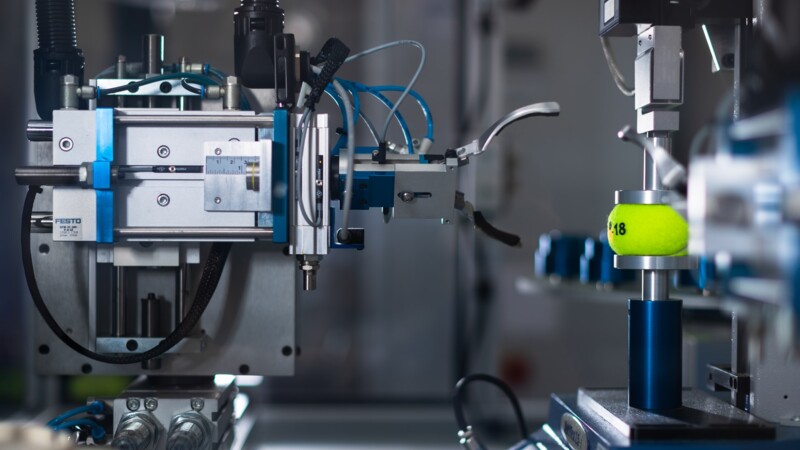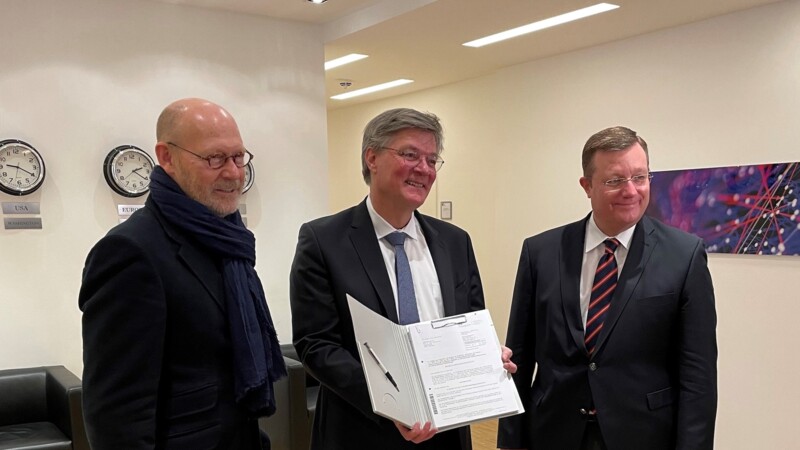People who contract coronavirus excrete viruses several days before they feel ill and are tested. The viruses end up in wastewater. The case numbers and the spread of new variants could be detected much earlier by monitoring the water rather than simply reporting positive tests. The method could prove an early warning system for the next wave of coronavirus.
Michael Pollmann, State Councillor for the Environment, commented: "This forward-looking project can help to map the incidence of infections faster including undetected infections, and thus to contain or prevent new waves." An "alliance of competencies" has been formed for the model project. Hamburg Wasser will take samples of the wastewater while the Institute for Hygiene and the Environment will be responsible for the analyses using a digital PCR test. During the pilot phase, initially two samples per week will be taken from the inlets of the Köhlbrandhöft wastewater treatment plant in the Port of Hamburg.
tn/sb/pb



